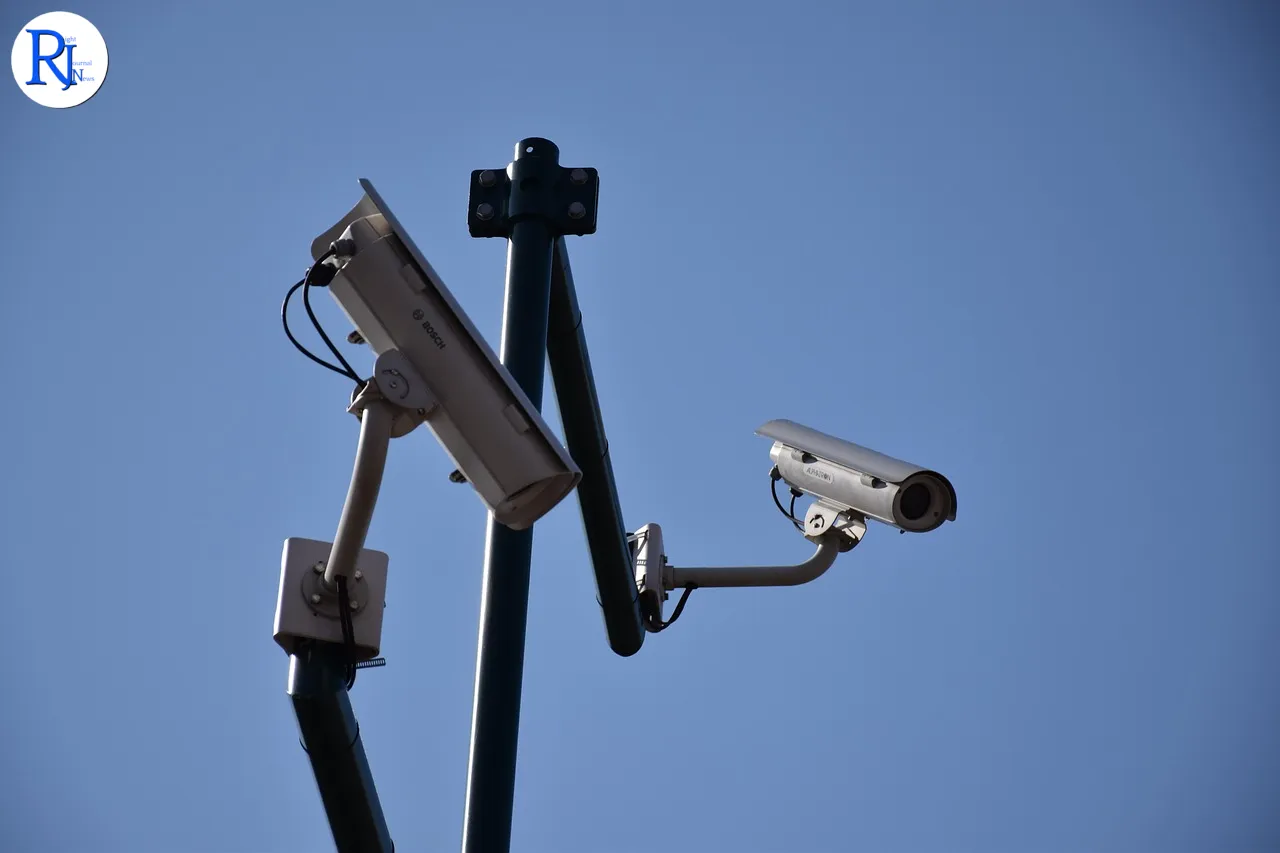Canada has taken a significant step in addressing security concerns over Chinese technology by banning Hikvision, a leading global CCTV surveillance camera vendor. This decision aligns with actions taken by several Western allies who have expressed growing unease about the potential security risks posed by Chinese surveillance technology. The ban marks a pivotal moment as nations reassess their reliance on foreign tech giants in critical infrastructure.
The decision to ban Hikvision comes after an extensive security review conducted by Canadian authorities. The review highlighted potential risks associated with the use of Hikvision’s products, particularly concerning data privacy and national security. This move mirrors similar actions taken by the United States and the United Kingdom, which have also restricted the use of Chinese surveillance technology in sensitive areas.

Security Concerns Prompt Action
The ban on Hikvision is primarily rooted in security concerns that have been building up over the past few years. Experts have raised alarms about the potential for Chinese-made surveillance equipment to be used for espionage or to compromise national security. The fear is that these devices could provide backdoor access to sensitive information, posing a significant risk to national infrastructure.
Dr. Emily Chen, a cybersecurity expert at the University of Toronto, noted, “The integration of foreign surveillance technology into national security frameworks poses inherent risks. The possibility of data being accessed by foreign entities is a legitimate concern that cannot be overlooked.” The Canadian government’s decision reflects a cautious approach to safeguarding national interests, prioritising the protection of citizens’ data and privacy.
Aligning with International Allies
Canada’s decision to ban Hikvision is not an isolated event; it is part of a broader trend among Western countries to scrutinise Chinese technology companies closely. The United States and the United Kingdom have already implemented similar measures, citing comparable security concerns. This alignment with international allies underscores a collective effort to address potential threats posed by foreign technology.
The move also reflects a growing consensus among Western nations regarding the need to diversify technology suppliers and reduce dependence on Chinese companies. By aligning with allies, Canada aims to strengthen its cybersecurity posture and mitigate potential risks associated with foreign technology. This collective stance sends a strong message to other nations about the importance of prioritising security in the digital age.
Economic and Diplomatic Implications
While the ban on Hikvision is primarily a security measure, it also carries significant economic and diplomatic implications. Hikvision, as a major player in the global surveillance market, has extensive business interests worldwide. The ban could disrupt existing contracts and partnerships, impacting both Canadian and Chinese businesses.
Economically, the decision may prompt Canadian companies to seek alternative suppliers for surveillance equipment, potentially leading to increased costs and logistical challenges. However, it also opens up opportunities for domestic and other international firms to fill the gap left by Hikvision’s exit from the Canadian market.
Diplomatically, this move may strain relations between Canada and China. In recent years, tensions between the two countries have been heightened by various geopolitical issues. The ban on Hikvision could exacerbate these tensions, potentially leading to retaliatory measures from China. However, Canadian officials have emphasised the necessity of prioritising national security over diplomatic considerations.
Looking Ahead: The Future of Surveillance Technology
The ban on Hikvision raises broader questions about the future of surveillance technology and its role in national security. As countries worldwide grapple with the challenges posed by rapidly advancing technology, the need for robust regulations and oversight becomes increasingly critical.
Governments must balance the benefits of technological innovation with the imperative to protect national security and citizens’ privacy. Dr. Robert Lang, a policy analyst specialising in technology governance, emphasised, “The challenge lies in creating a framework that encourages technological advancement while ensuring that security risks are adequately addressed. This requires international cooperation and a commitment to transparency.”
As Canada and its allies continue to navigate the complexities of the digital age, the decision to ban Hikvision serves as a reminder of the importance of vigilance and proactive measures in safeguarding national interests. The evolving landscape of surveillance technology demands ongoing scrutiny and adaptation to address emerging threats effectively.
In the coming months, Canada is expected to outline further measures to strengthen its cybersecurity defences and ensure the integrity of its technological infrastructure. The ban on Hikvision marks a significant step in this direction, reflecting a commitment to prioritising security in an increasingly interconnected world.

